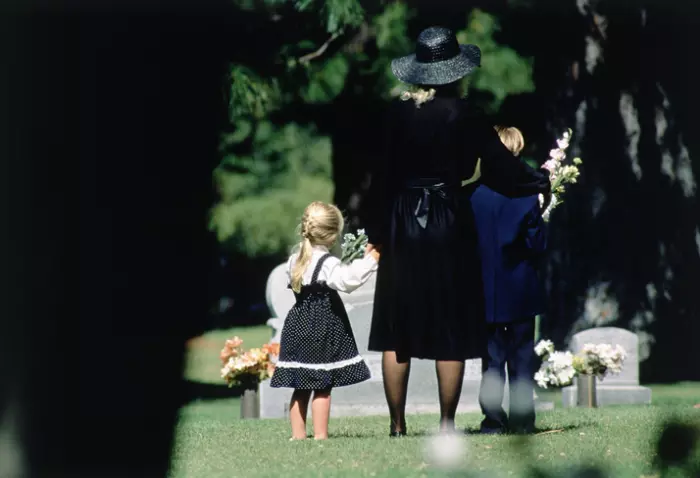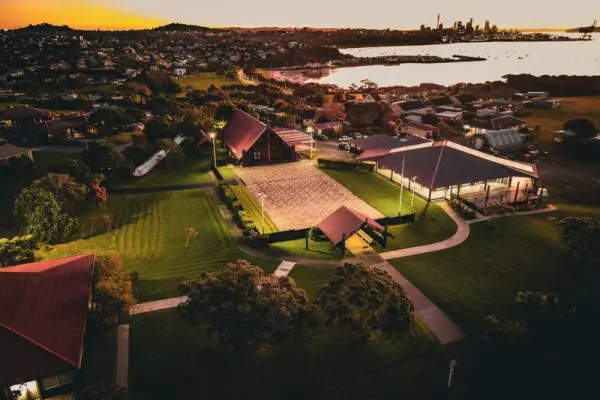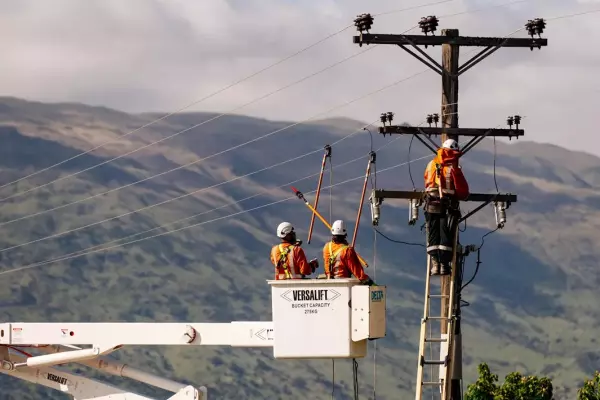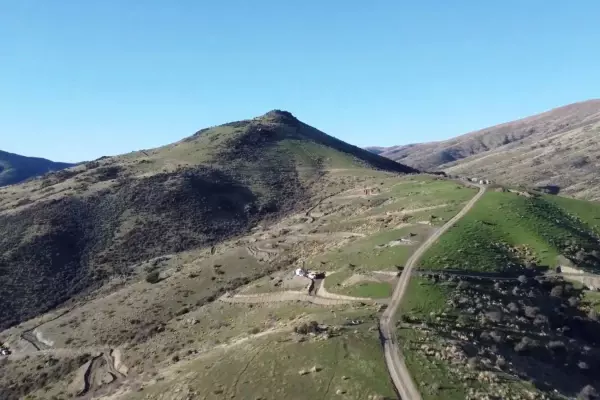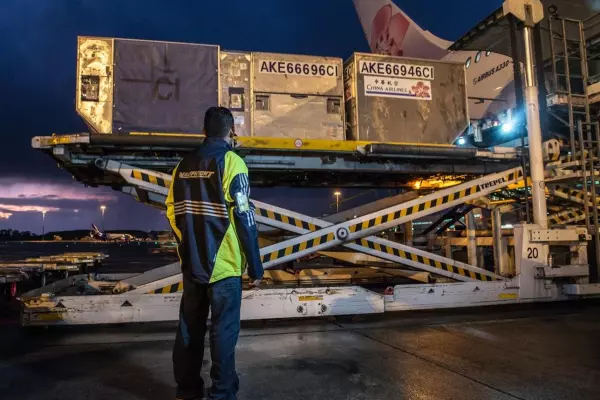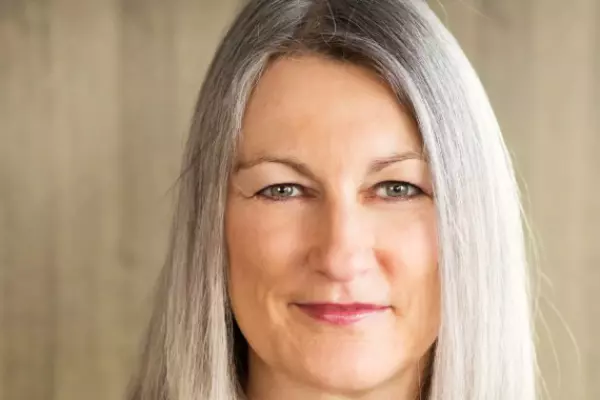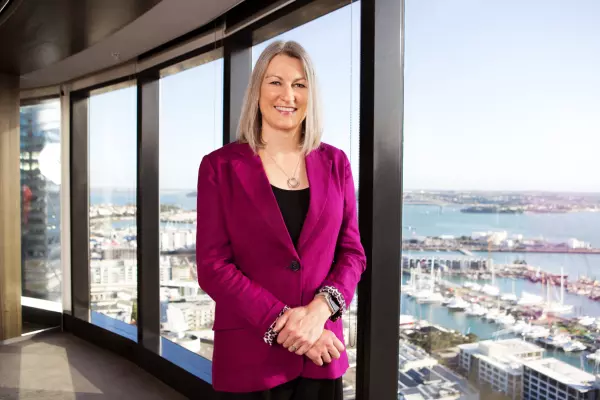The founders of startup Everlasting say the launch will help prevent millions of dollars of cryptocurrency assets being lost when a loved one dies.
Co-founder Luke Ryan (Ngāpuhi) said Everlasting will help prevent the loss of assets as they will work with estate lawyers to ensure beneficiaries get access.
Until now, there were no solutions, the chartered accountant said.
It was “really painful” that families who were dealing with the loss of a loved one couldn’t access assets because they didn’t understand cryptocurrency.
“Everyone had their head in the sand.”
Ryan said many people don't understand cryptocurrency because it's a new type of money that exists entirely online.
It's created and stored using something called a "blockchain", a digital ledger that keeps track of all the transactions.
“Because it's digital, cryptocurrency can be sent and received almost instantly, without the need for a bank.”
Ryan said there are "more people than you think” engaged in cryptocurrency in NZ and they are “very cautious, very careful”.
He said the startup's service had been “very well received” by lawyers, especially.
“Lawyers aren’t always easy, but it’s like they’re saying, 'Finally, someone’s brought a solution we can work with.'”
Pandora’s box
Derek Roth-Biester, a partner with law firm Anderson Lloyd's corporate and commercial team, said more people are investing in cryptocurrency and the growth has been “stratospheric”.
The rise of the crypto space means that more New Zealanders hold their own funds, but with that comes risk.
“Unless you’ve put in place some protocol to deal with what happens to your digital assets when you pass away, they’re lost forever," Roth-Biester said.
He said Everlasting's estate-based plan subdivides the keys into multi-signature wallets, which will lessen the risk for the beneficiaries.
Roth-Biester said he had seen an increase in the number of clients who hold cryptocurrency as a significant part of their estate.
“Clients tend to be millennials and younger – they’re not buying property because property is expensive, but they can buy a fraction of a Bitcoin.”
He said the digital asset space is “not going anywhere”.
“The way I would describe it is, the cat is already out the bag – Pandora’s box has been opened.
“You’re already seeing the likes of the NZ government and other countries' governments investigating the implementation of central bank digital currencies – and this, as an asset class, is going to increase over time.”
About 10% of the NZ population owns crypto assets – each with holdings ranging from thousands of dollars’ worth to more than $1 billion for some Kiwis, according to the latest Inland Revenue figures.
Ryan said big institutions are already engaging in services like this around the world and their lawtech startup “brings it down to the individual”.
He has been working with co-founder Paul Salisbury (Ngāpuhi) on Everlasting for the past five years and both men have been involved in cryptocurrency for a decade, working for large institutions.
The duo is preparing to launch Everlasting into Australia and Singapore in the next quarter and see opportunities there because cryptocurrency uptake is higher in Australia.
“We know there is a significant and growing market both in New Zealand and globally for services like ours," Ryan said.
Salisbury said their research showed more than 1,400 Kiwis who own cryptocurrency will pass away each year. Despite advances in the technology used to create digital currency wallets, little can be done if a private key is lost or forgotten, he said.
Reconnecting
Ryan said it was the experience of reconnecting to his identity that inspired him to support other New Zealanders wanting to build and sustain a legacy of their own.
He wanted to reconnect with his Māori culture after the passing of his tuakana (older sibling of same gender) Travis.
His brother’s dying wish was for Ryan to lead the tangihanga (funeral), and he stepped up to guide the whānau during their time of grief.
He reconnected with his marae and kaumātua and realised that the younger generation wasn't active on the marae and was concerned knowledge and ways of life would be lost.
“You sit there and see things are being lost. And is that the right thing or not? That’s a question we’re going to have to live with.”
Ryan doesn't want NZ families to lose the opportunity to develop a legacy to pass down.
He believes there should be a succession plan for the next generation so they can “create whatever the world wants them to create”.
“I can really see that we can help preserve what has been made and they can hand it down to their whānau and keep their whānau supported.
“That gives me fire. I feel proud saying that.”


